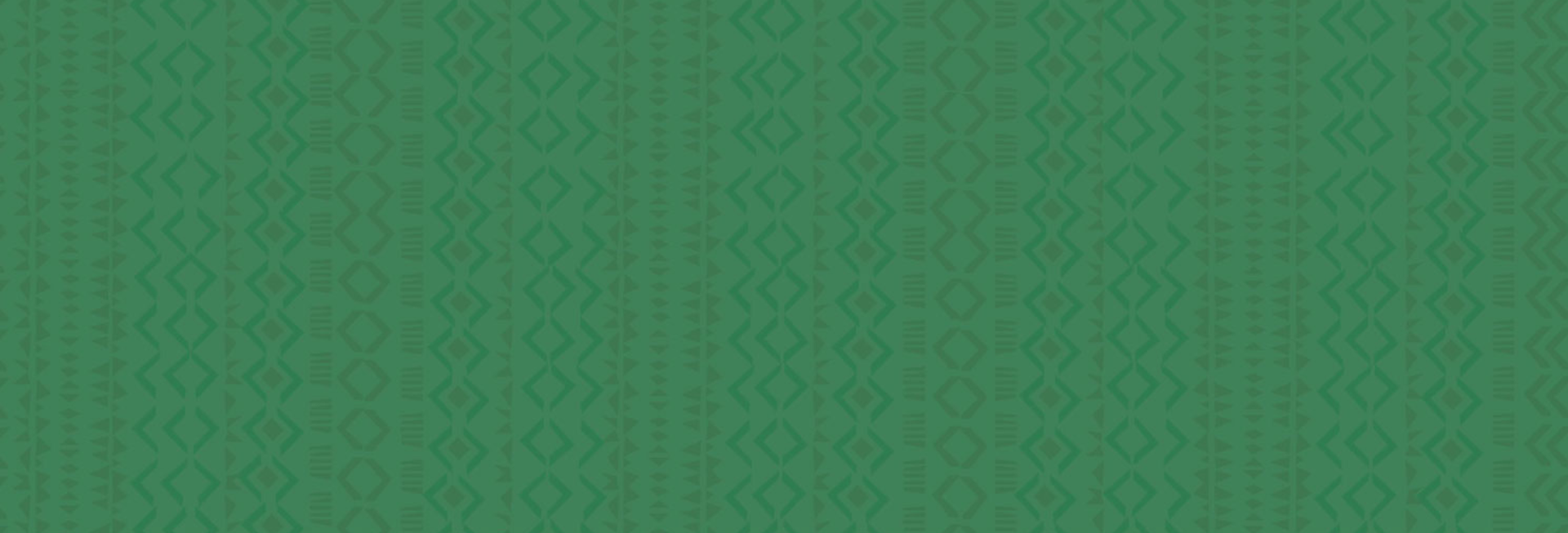2025-08-07 –, NYERI
Language: English
🎥 Session recording: https://youtu.be/81EZ9ALM9Ng?list=PLhV3K_DS5YfJtMBKTkOdmzfP3ENS24BJ-&t=70 🎥
ReCreate is an umbrella group, co-founded by Wikimedia South Africa, that represents users and creators of copyright. The session aims to explore the ReCreate ZA as a collaborative model for civic organisations and experts to drive advocacy and conversations around copyright policies in the public interest. This includes user access and rights for information creators in Africa and the global south.
ReCreate is an umbrella group, co-founded by Wikimedia South Africa, that represents users and creators of copyright.
Since 2018, ReCreate has been organising to build awareness about the importance of copyrights that support access to information while supporting the rights of creatives. This has included workshops and consultations with policymakers and a wide range of stakeholders, protests and demonstrations, media campaigns and engagement, and international conferences where we discuss public interest policies in South Africa and Africa and the Global South.
Critically, ReCreate has been participating in SA’s copyright legislative process and is currently signed on as Amicus to defend the Copyright Amendment Bill (CAB), which is scheduled to be heard at the Constitutional Court in May. ReCreate has 20+ civil society organisations signed onto this case, and its outcome could finally see SA’s outdated 1978 legislation reformed. This would set a powerful global example for progressive legislation that supports access to information through mechanisms such as Fair Use and Freedom of Panorama.
ReCreate, Wikimedians, as well as lawyers and institutions such as The Centre for Intellectual Property and Information Technology Law (CIPIT), which is a copyright think tank based at Strathmore University in Nairobi, specifically with Dr Melissa Omina and Sharon Chahale Wata, Deputy Executive Director of Kenya Copyright Board would like to gather at Wikimania and discuss copyright using the ReCreate Za model and highlight key learnings from Recreate’s convening held February 2025, and how much countries like Nigeria, Uganda, Kenya, South Africa could have in common in terms of copyright reform, which directly affects the public interest when we think about the CC licenses and how publicly accessible works. Additionally, it highlights Indigenous knowledge/traditional knowledge and modern intellectual contributions that need to be accessible and protected.
Key learnings from this workshop will be documented in working policy position papers highlighting how to collaboratively build inclusive and holistic copyright civic advocacy globally.
- Should your session be selected for the program, do you agree to release your session and supporting materials on-wiki and on the eventyay platform under CC BY-SA 4.0?
-
I agree
- What other themes or topics does your session fit into? Please choose from the list of tags below.
-
Capacity building, Collaboration
- What is the experience level needed for the audience for your session?
-
Everyone can participate in this session
- How do you plan to deliver this session? You will be asked to confirm this closer to the date in case of changes to the format.
-
Hybrid, with some speakers in Nairobi and others dialing in remotely
- How does your session relate to the event theme: Wikimania@20: Inclusivity. Impact. Sustainability?
-
The session aligns with the event theme in several ways:
-The ReCreate ZA model fosters collaboration among diverse stakeholders, ensuring that various voices, including those from marginalised communities, participate in copyright discussions. This promotes a more inclusive dialogue on public policy.
-The workshop highlights the potential effects of the Copyright Amendment Bill (CAB) in South Africa, illustrating how grassroots advocacy can drive meaningful legislative change that benefits users and creators.
-The session also encourages long-term solutions in copyright reform by sharing strategies from countries like Nigeria, Uganda, Kenya, and South Africa. Documenting learnings further establishes a sustainable framework for future advocacy efforts. Overall, this session exemplifies how collaborative civic engagement can lead to inclusive, impactful, and sustainable approaches within copyright advocacy, reflecting the values of Wikimania@20.
Sandra Aceng is the Executive Director of the Women of Uganda Network (WOUGNET), where she champions the integration of gender perspectives into digital rights and ICT-related policies. She is a gender and ICT researcher, policy analyst, writer, and Wikimedian. Sandra is an outspoken and energetic human rights defender (WHRD) who advocates for the integration of gender perspectives in ICT policy and analyses threats to free expression in Africa introduced by regulatory initiatives. She was recognised by DefendDefenders as the Human Rights Defender of the Month in February 2021. Notably, she contributed to the book "Technology and Domestic and Family Violence: Victimization, Perpetration, and Responses" in 2022. She is a Global Voices contributor, an Impakter Magazine contributor, a former Associate Editor at the Directory of Open Access Journals (DOAJ), a 2020 Global Network Initiative (GNI)/Internews Fellow, and a 2021 OPTIMA Data-Driven Activism Fellow, where she researched the impact of Internet shutdowns on women. Sandra is also an advocate for copyright and intellectual property within the Wikimedia ecosystem and beyond. She was selected as one of the 40 fellows for the 2021 virtual edition of the African School on Internet Governance (AfriSIG) class. Sandra leads efforts to advance data justice research and practices in Uganda, engaging policymakers, developers, and marginalised groups, including women and persons with disabilities.
.
Ceslause joined the Wikimedia movement in 2018 and has been actively involved in the Igbo Wikimedians User Group. He joined Wiki In Africa, a South African NGO in 2021 where he was the Project manager for Wiki Loves Africa Int’l media contest and WikiAfrica Hour vodcast.
He wass Wikimedian-In-Residence at Africa No Filter, leading the African Union’s and Wikimedia Foundation’s partnership project, Africa Knowledge Initiative, aimed at leveraging three AU holidays (Africa Youth Day, Wangari Maathai Day, Africa Day), Wikipedia and its sister projects to close the digital divide about Africans and Africa.
He currently is the Wikimedian-In-Residence leading the AfroCreatives WikiProject, leading the effort to close the gap that exists on the digital space about African film and TV and African literature using Wikipedia and its sister projects.

